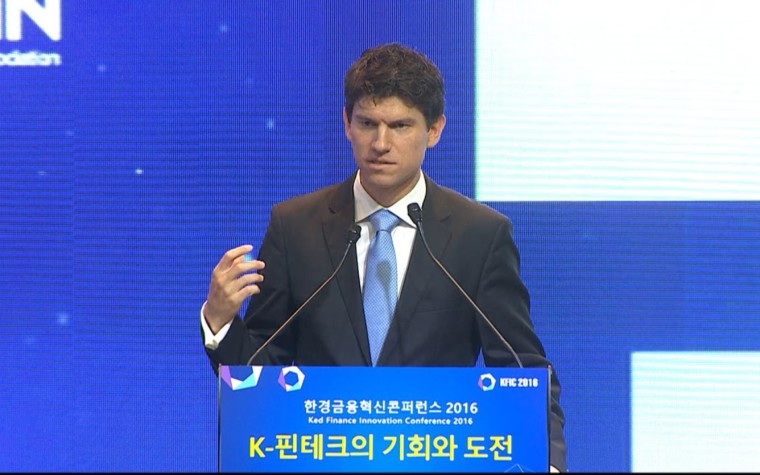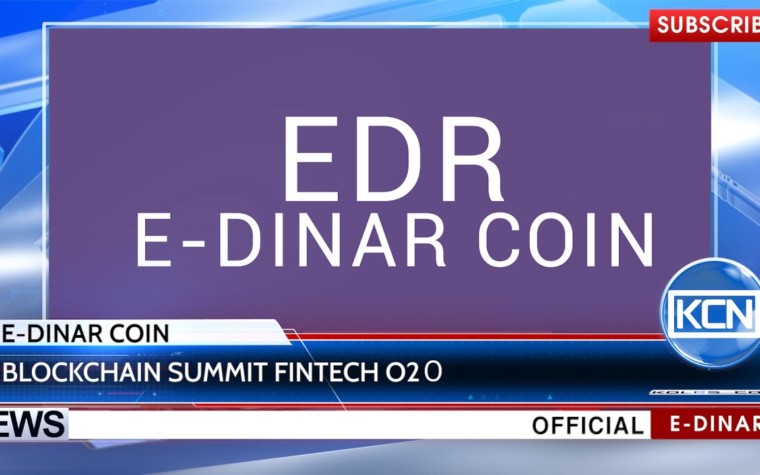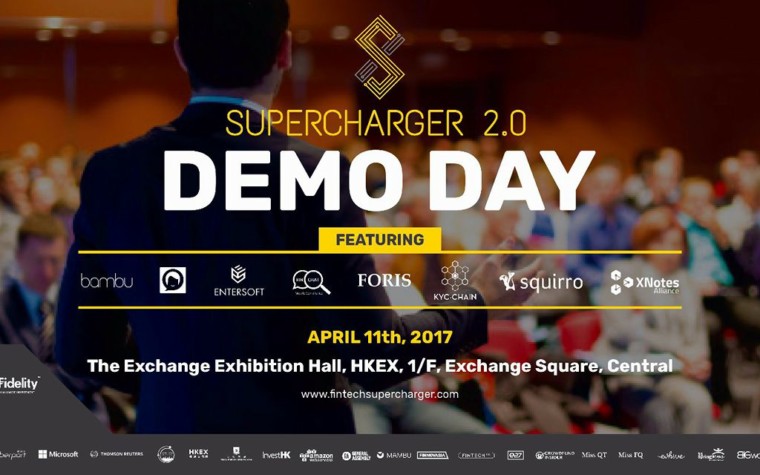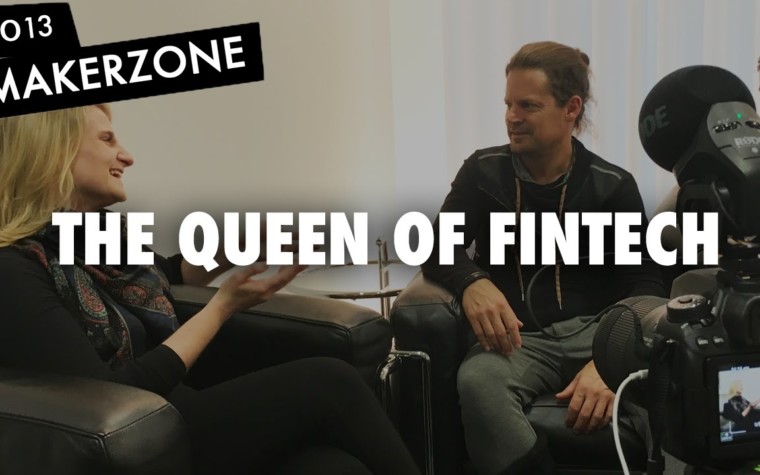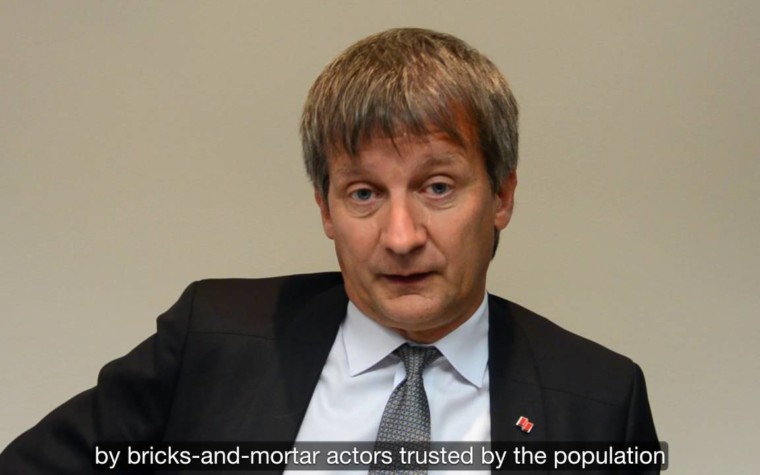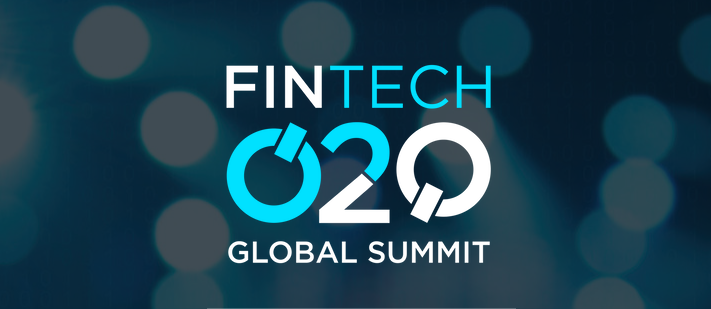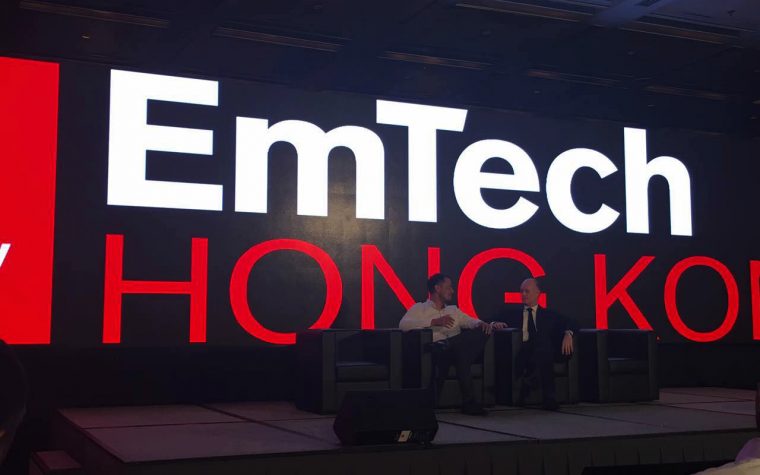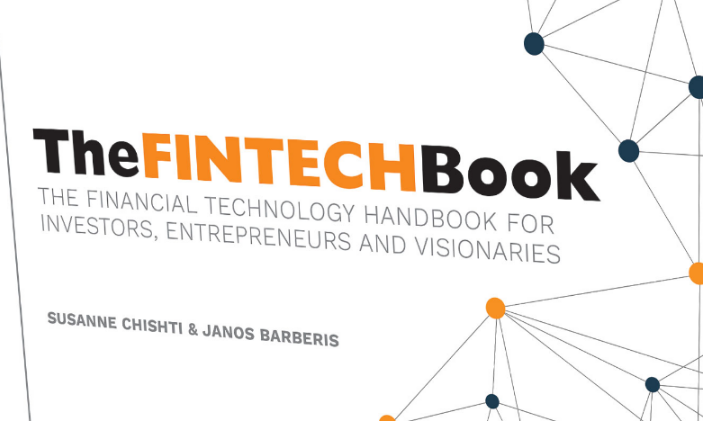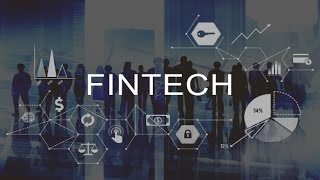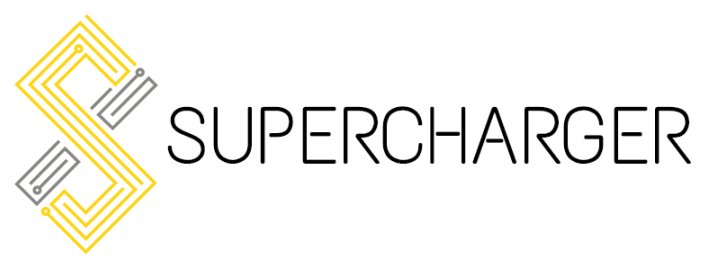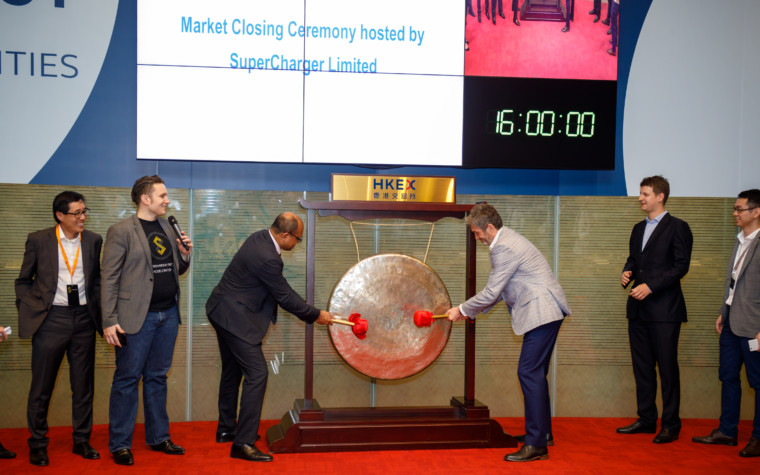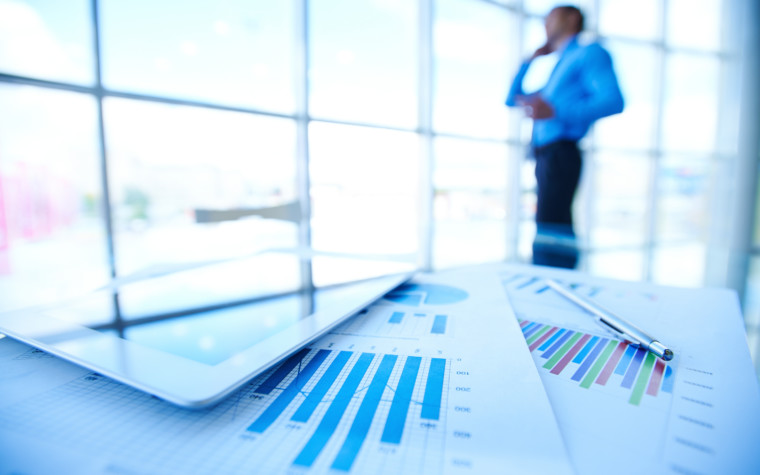Speakers:
- Joseph Lubin, Co-Founder of Ethereum, ConsenSys
- Erik Torenberg, Co-Founder & Partner, Village Global
- Melissa Guzy, Co-Founder & Managing Director, Arbor Ventures
- Akiko Fujita, Anchor, CNBC=
Last 12 months were eventful in crypto (blockchain) developments:
- Bitcoin traded low/high/close $2030/$18932/$6464
- Three crypto exchange hacked summed to over $17mm, bringing total $606mm since 2011 (Source: CoinGecko)
- ICO banned in China
- Blockchain chicken launched in China, offered on JD and delivered to the door
- I lost three colleagues to crypto
Where are we now? Wider range of application to smart contracts, transaction recording. Key considerations are “scalability” of the technology (Joseph), benefits of blockchain solution over centralized service (Erik), and how to create trusted ecosystem (Joseph). In the hype cycle of blockchain as we observe, Melissa has been looking for innovators who understand the value of blockchain, and change the way data is structured. “Dr Blockchain” label isn’t going to fly on its own.
Who should regulate crypto, and how? Joseph believes there are viable use cases of crypto currencies, as we observe in some nations, though there are genuine contracts as well as fraudulent ones. Information asymmetry can be reduced to reduce fraud, particularly in new token launch. With currently relatively low entry barrier, it is possible for new entrants to just cut and paste from someone else. Regular can help cleaning up the industry by (1) setting standard, (2) raising the barrier of entry, (3) create a go-to place with reliable information, (4) helping to detect and regulate sales to unsophisticated investors “grandmothers”.
How’s crypto tokens compared to securities in regulation context? Joseph believes if structured properly, with incentivized systems with goals and roles defined, a crypto token will not resemble a security, as there is no dominant players. In contrast, Melissa pointed out that, some ICO is just a way to get around corporate governance. Huge amount of money was being raised, while investors have no rights. Unlike in US, 90% of ICOs in Asia are to get around corporate governance for raising capital, in her opinion. China and Indonesia banned ICO, while Korea and Japan retreated in ICO support. Regulations need to catch up, or we may see a “backlash” to ICO, as per Melissa.
To improve scalability, how much investment is still needed? Joseph shared that decentralized version of Ephereum will come shortly, in which tokens can move back and forth in a “plasma” layer. Next step would be private permission enhancements.
What about threats of crypto exchange hacks? Joseph shared that, while much tokens were stolen, the crypto protocol have been secure in most cases. There are vulnerabilities in storing private keys in insecure media, for instance, that lead to insecurity. Regulation may help addressing the gaps, and the application layer vulnerabilities too.
So can we order pizza with cryptos yet? Erik is concerned on excessive value volatility of cryptocurrencies. In other words, it is difficult to set a price tag of pizza delivery on cryptocurrencies. Joseph tossed the idea of dicing cryptocurrencies as a project.
More to come, stay tuned!



